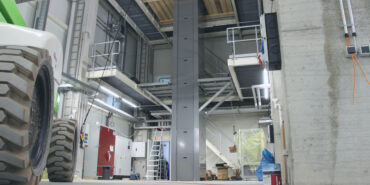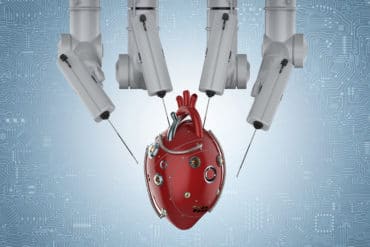The first trend we observe in the medical field is minimally invasive surgery. It experiences higher demand from both patients and physicians. The second trend goes towards procedures carried out by automated robotic devices.
Both approaches are made possible by innovative sensing solutions to support and monitor key procedure parameters. Optical fibers are an ideal candidate for novel sensor systems due to their inherent properties: made of glass, immune to radiation and small dimensions.
Today we are proud to introduce our latest research project: FaserNAV
FaserNAV is a joint project between FBGS and the Leibniz-IPHT aiming to develop a novel fiber optic probe that enables intrinsic catheter and instrument navigation without the aid of radiation-based imaging techniques (X-ray).
The measurement of cardiac currents (electrocardiogram, ECG) is key to diagnose many diseases, but its modification is also a recognized method for localizing catheters in the heart. A combination of fiber optic navigation probe and ECG paves the way for a completely new approach to radiation-free imaging. This requires the development of innovative solutions for the optical fiber, the generation of the sensors and their evaluation. Therefore, we have created the FaserNAV project.
This research represents a significant step forward in catheter navigation, offering promising opportunities in both trends and improving patient outcomes.
The FaserNAV project on which these results are based was funded by the Free State of Thuringia under the number 2023 VFE 0042 and co-financed by the European Union as part of the European Regional Development Fund (EFRE).














